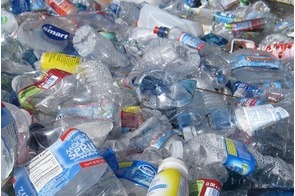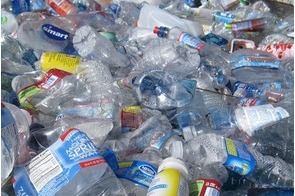World Bank to support domestic carbon storage in Nigeria

Summary
The initiative will identify promising sectors and private companies that can pilot new technologies for capturing, using, and storing carbon.
The World Bank and its subsidiary that lends to the private sector – International Finance Corporation (IFC) – have announced that they have begun to work with the Government of Nigeria to develop a domestic market for carbon capture, utilization, and storage (CCUS) for industrial emissions – an area that could accelerate the energy transition and help Nigeria reach its emissions targets.
The initiative will produce a nationwide atlas of CO2 emissions sources and potential sites for underground sequestration, IFC said in a statement it sent today to Financial Nigeria. IFC said it will work with the government to identify the most promising sectors and private companies that can pilot new technologies for capturing, using, and storing carbon.
In parallel, the World Bank will collaborate with the Nigerian Government to outline policies and regulations that can accelerate the technologies' uptake while helping the local CCUS industry meet international standards. The project is funded by the World Bank's CCS Trust Fund under the Energy Sector Management Assistance Program (ESMAP). The Trust Fund is supported by the Governments of the United Kingdom and Norway.
"The Federal Government, through the Office of the Vice President, is excited to work with the World Bank Group towards developing and implementing Carbon Capture, Utilisation, and Storage as part of the country's pathways to accelerate energy transition by 2060," said the Office of the Vice President of the Federal Government of Nigeria. "The country believes that with the World Bank Group's support and partnership with Nigeria, it's only a matter of time before CCUS becomes an important force in global technology, innovation policy for climate action and deep decarbonization, especially for hard-to-abate-sectors."
According to Vivek Pathak, IFC's Global Head for Climate Change, Nigeria could be poised for ‘a real breakthrough’ if it combines carbon capture with a decisive push on renewables. He said for developing countries, a financially-viable carbon capture industry could be a game-changer.
In 2021, Nigeria's updated Nationally Determined Contribution (NDC) set a target of at least 20% and up to 47% reduction of greenhouse gases compared to business as usual by 2030. Capturing carbon, which could help reduce emissions across a range of sectors, has become a key element of the government's climate plan.
In addition, the largest economy in Africa is likely to have significant space for geological carbon storage, in part due to the widespread availability of depleted oil and gas fields. Their potential will be mapped using government and industry data. The project will also use geological surveys and closely examine the issue of obtaining the rights to conduct the sequestration, the statement said.
IFC said it will work closely with local industries throughout the process. The engagement will not support the development of carbon capture, utilization, and storage in association with fossil fuel production.
Related
-
CEO using the same computer for over 10 years to save the planet
“It was my ambition when I got the notebook ten years ago to keep it for many years,” Sören Enholm, CEO of ...
-
We can no longer ignore the environmental and health threats of plastics in Nigeria
Nigeria is among the largest contributors to what now constitutes a major threat to people's health, the ecosystem and is ...
-
How South Africa is leading the African circular plastics industry
The ICIS Mechanical Recycling Supply Tracker has identified just under 50 mechanical plastic recycling plants for PET, PE ...







